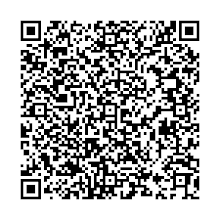MRI Results Show Promise as Biological Diagnostic Measure
December 2, 2010 - Researchers at McLean Hospital and the University of Utah have developed a biologically based test, involving magnetic resonance imaging (MRI), to test for autism. MRI is now considered a routine diagnostic test and utilizes magnets and radio waves to generate two and three dimensional scans of the body previously unattainable.
The study, published in the journal Autism Research, was conducted with 30 male subjects previously diagnosed with high functioning autism and 30 typically developing male subjects. In the study, researchers were able to identify the brain scans of those with autism with greater than 90% accuracy.
Lead researchers Nicholas Lange and Julie Lainhart focused efforts on an area of the brain responsible for language and emotion, giving participants a specialized MRI test which revealed specific and identifiable deviations in the brains of those with autism vs. the control group. The study was replicated with similar results on a smaller scale, utilizing 12 male subjects with autism and 7 control subjects.
The results of this study are promising, but should be regarded with caution. A biological diagnostic measure which could identify autism would eradicate the subjectivity now acknowledged in the current diagnostic process, which uses a set of observable characteristics and is not a hard science. However, whether the test can produce the same results with children, in female subjects, and with a broader diagnostic scope remains yet to be seen, and will be critical to the validity and reliability of the measure and its implications for the future.






No comments:
Post a Comment